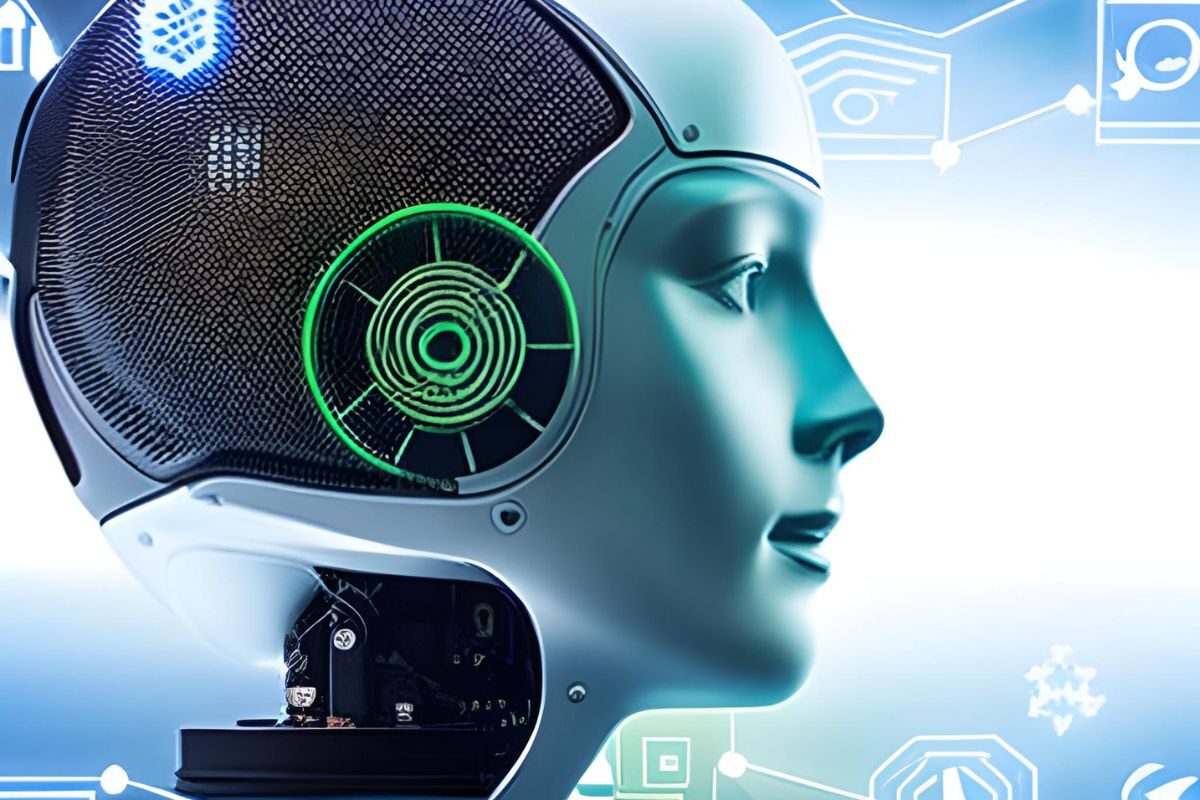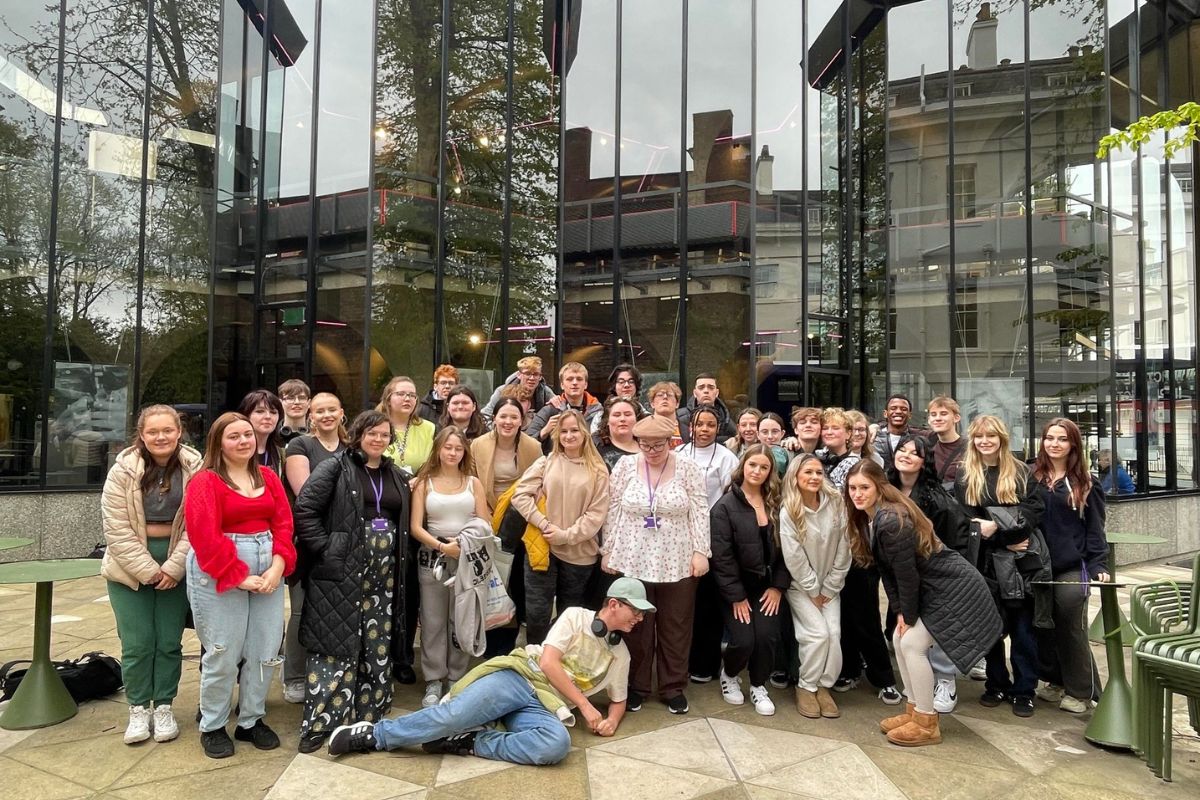Redundancies in Education Expected from Tech Tsunami: Exams and Careers Advice?

You’ve probably been following the news recently about the impending impact of artificial intelligence on future jobs. Many doom and gloom stories have pronounced how AI and automation will decimate the employment market in the coming years. Estimates of the potential repercussions vary hugely as it’s very difficult to predict exactly how things may pan out.
At one end of the scale, Goldman Sachs brought out a report with the alarming headline statistic that up to 300 million jobs worldwide could be “lost or degraded” in the new era. Another, more conservative study on 800 companies globally carried out by the World Economic Forum, has concluded that merely 83 million positions worldwide will be “eradicated” by 2027.
Either way, it’s worrying stuff. McKinsey chipped in by saying that up to 375 million people “may need to switch occupational categories and learn new skills.” It had been widely assumed that low-level jobs would be replaced by AI and many low-skilled workers would be displaced, but now white-collar management roles are also considered to be at risk.
It’s not all despondency however; it is important to keep in mind that the advent of these new technologies will also create new work opportunities that we cannot yet fully anticipate. The WEF anticipates that the lost positions are expected to be offset to some extent by 69 million new positions, principally in tech and healthcare; this offset should result in a net annihilation of 14 million jobs.
What can be predicted with certainty is that change is coming, and fast! Whichever way you look at it, the careers out there today won’t be the same careers of tomorrow. So, how should the education system be reformed (or revolutionised?) to deal with this because it’s happening right now in front of our eyes?
Change the Focus from Exams
Historically, schools have focussed on exams as the metric of pupils’ performance as this is how teachers are evaluated thus creating an incentive to prioritise exam preparation. Exams evaluate knowledge and understanding of a subject, and while good exam results can be an indicator of a student’s ability to learn and retain information, understand the subject, work under pressure and to think logically, they should not be the main goal of education.
The extension of further education allied to out-of-control grade inflation, boosted by the recent Covid giveaway, has led critics to call for the “redundant” (per Lord Baker) and “pointless” (according to Robert Halfon) GCSEs to be scrapped, suggesting that they be replaced by a “Baccalaureate for the digital age”. Watch this space! Also, increasingly, big employers, like PWC and EY, have given up on looking at grades as part of their recruitment assessments, instead many companies are focused on “strengths-based assessments”, essentially sifting through myriad candidates for key required skills.
All this is supported by campaigns and research from organisations like Rethinking Assessment, a coalition of school leaders, which is pushing for more meaningful alternatives to exams. There is a groundswell exclaiming that exams are not be the best way to showcase the talent and skills, beyond just knowledge and understanding of a subject, that will be valuable in the future job market.
Some Tough Questions Follow:
What should schools be helping young people to focus on for their future careers given the fact that AI will likely hoover up a lot of jobs by the time they enter the workforce?
How can young people develop these skills which will be valuable in the future jobs market?
Well, who better to ask the questions to, we thought, than the oracle itself, ChatGpt; and ‘it’ came up with the following higher-level, more complex value-added skills of humankind which are likely to be in demand in the future:
| Critical Thinking | There will be an increasing need for people who can think critically and creatively. This involves being able to observe, analyse information, evaluate different perspectives, solve complex problems and to ascertain whether information doesn’t look right. In a recent survey, 92% of business leaders believe critical thinking is a key skill and it is highly sought after by employers | How do you hone these skills? Well, critical thinking is embedded in some courses, like history or physics, so it will be important for teachers to draw these aspects out. |
| Communication | Being able to communicate effectively, to convey ideas clearly, is a skill which will be valuable in most careers. Being able to speak well in presentations is something many people find challenging, but one that is highly valued. | For example, young people can practise and improve presentational skills by joining a debating team at school or volunteering to give a presentation. |
| Adaptability | It has been predicted that students leaving education today should expect to experience at least five careers over their lifetime. Therefore, it’ll be important to be able to adapt to new situations and learn new skills quickly. | How can you do this? Embrace the concept of lifelong learning for one. Also, participating in extracurricular activities, such as school clubs and teams can provide opportunities to develop adaptable skills like leadership, teamwork and communication. They can also be a way to explore new interests, try new things outside the comfort zone and develop confidence. |
| Technical Skills | There will be roles for those ‘techies’ to stay one step ahead of the ‘drones’. There will still be a need for people who can work with technology, whether it’s developing new software, managing databases, or repairing machines. | The way to do this is to learn coding and other technical skills, which school should be helping with by offering courses, bootcamps, or advice on how to build a website or app, which links to the next point… |
| Entrepreneurship | it’s much more common for young people to become self-employed or start their own businesses; data points to an almost doubling of the number of young people setting up their own business over the past decade (2009 to 2020). Those who develop an entrepreneurial mindset may be better equipped to succeed in this new landscape. There are a whole host of reasons why there is an increased narrative to be ‘your own boss’ from TV programmes like Dragons’ Den to having an infrastructure to be able to work from home. This trend is likely to continue as large companies will employ fewer human beings. | There are lots of activities which can help children build the key skills to become an entrepreneur. Suggestions include working on projects to evolve problem-solving, communication, leadership, management and teamwork. Creativity can be developed through storytelling and art. Using an app and shopping can cultivate understanding of money management. Other key ‘life’ skills like resilience can deepen through promotion of self-awareness and reflection. |
Finally, AI concludes that the most important thing for young people is to be “curious, read widely and stay open to learning”. Taking heed from McKinsey’s warning of the need for “learning new skills”, lifelong love of learning will be a must as people will have to be well-prepared to adapt to whatever changes the future may bring. Therefore, it’s essential for school children to focus on developing a range of skills that will prepare them for the future, regardless of what specific job they may pursue.
It’s All about Showcasing Skills
How can students show that they have the requisite skills? Well, this is exactly why we developed Kloodle; the online platform which allows young people to demonstrate that they possess the skills through the activities they participate in over their school lives and beyond, and to showcase and reflect on their skills and accomplishments. For example, all of the activities cited above, such as coding, participating in public speaking and volunteering, can provide valuable evidence of skills which can be highlighted and tagged, such as teamwork, leadership and communication. The individual’s profile can be used to keep a record of accomplishments, such as awards, recognition, and positive feedback from teachers, mentors, and peers. Ultimately, these achievements on the profile can be shared with a potential employer.
Concluding Remarks
There have been multiple steps forward that the human race has taken, and AI is another useful step. At the forefront of our thoughts should be how to help children and adults cope with the changes and help them to flourish. Ultimately, they should be the beneficiaries of the progress that is made, though this requires careful thought right now to develop and adapt the education system and help them be prepared for the imminent changes to the work environment, by developing the skills they need to cope, thrive and prosper.










Responses